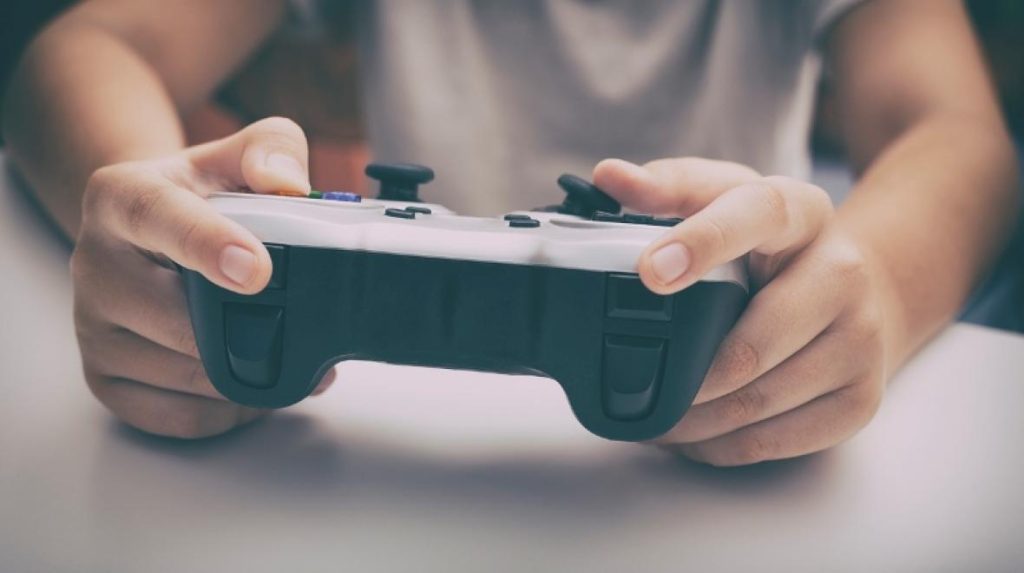Oxford Internet Institute (OII) experts said being exposed to video games has the tendency to leave a positive or negative impact on the mental health of gamers.
The team of researchers’ framework aimed at clarifying the complex relationship between gaming and mental health.
The effects include improving memory, relieving stress, misogyny, feelings of loneliness, obsessive behaviour, among others, the study suggest.
The group of expert findings published in the Journal Technology, Mind and Behaviour outlines 13 ways in which video games could have an effect on players’ mental health and will help “cut through the noise”.
The result of the findings also provided answers to the harms or benefits of gaming more directly.
Read Also: Break good for me mentally — Saka
The study highlights that while existing literature is “rich with associations, proposed effects, and verbal theory”, it lacks the rigorous, causal models needed for meaningful scientific testing.
“By focusing on cause and effect, we hope this work encourages better theory development and, ultimately, better digital wellbeing for players,” said Dr Nick Ballou, postdoctoral researcher, who is part of the OII within the university’s Social Sciences Division.
To build the framework, the academics undertook a three-step approach. First, they mapped out a broad range of potential mental health impacts linked to gaming.
Next, they examined how these effects are influenced not just by the games themselves but also by the player’s personal circumstances and social context.
Finally, they reframed these effects in explicitly causal terms—a critical shift, the researchers say, the field has long needed.
Dr Nick Ballou, a postdoctoral researcher at the OII, explained, “But our framework helps cut through the noise.
Ballou further explained that the team of researchers looked beyond the games to understand how personal and contextual factors shape mental health outcomes.
The researchers outlined 13 mental health impacts of video games:
Stress Relief – Gaming may help reduce stress, but excessive use could lead to emotional instability.
Psychological Needs – Games can fulfil needs for autonomy, belonging, and mastery, but can also result in feelings of failure or isolation.
Social Connection – Multiplayer games can strengthen friendships, but playing with strangers may foster toxic environments.
Healthy vs. Obsessive Passion – A healthy passion for gaming can be beneficial, but obsessive gaming can be harmful.
Narrative and Nostalgia – Game storylines can evoke nostalgia and a sense of meaning or vitality.
Exercise Games – Active games may improve mood and energy levels temporarily.
Identity Exploration – Games offer safe spaces for experimenting with different identities.
Cognitive Benefits – Fast-paced games might enhance executive function, memory, and attention control.
Therapeutic Gaming – Games supporting therapies like CBT can improve treatment engagement.
Neglect of Daily Life – Excessive play may cause players to ignore work, sleep, or relationships, resulting in guilt and fatigue.
In-Game Spending – Microtransactions have been linked to overspending and gambling-like behaviours.
Anxiety – Obsessive gaming may lead to increased anxiety and disrupted routines.
Sexualised Content – Exposure can harm body image in women and foster misogynistic attitudes in men.
The researchers acknowledged that reshaping the academic conversation on gaming and mental health will be challenging but necessary.
“Parents are looking for actionable guidance about how to manage children’s play, and players themselves seek ways to monitor and regulate their own play behaviour,” the team noted.
They expressed hope that their framework will drive more evidence-based recommendations and empower healthier digital habits across all age groups.



